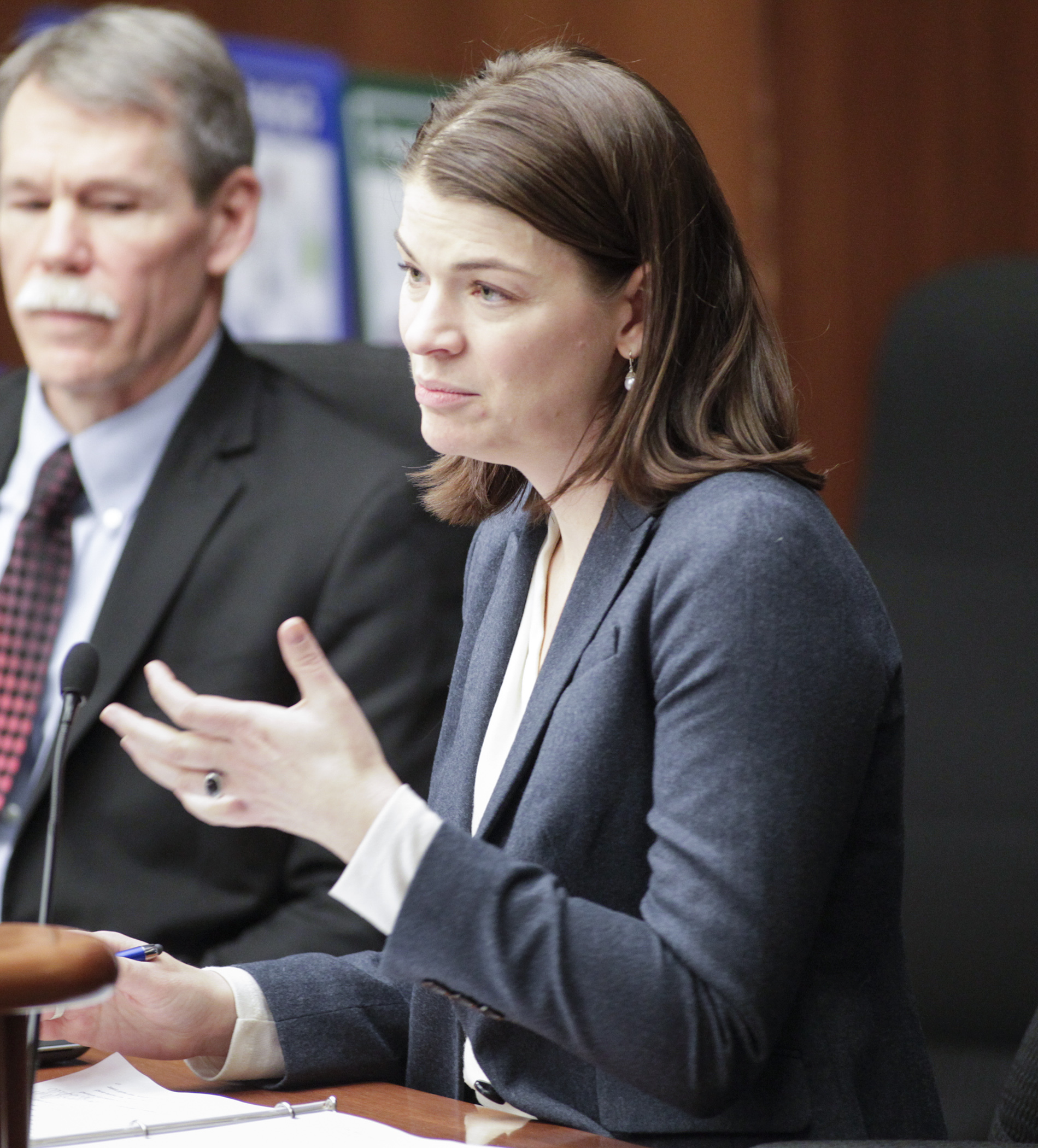House property tax proposal leaves cities behind, but helps business
House Republicans are proposing over $302 million in property tax relief over the 2018-19 biennium – but it’s far from a done deal.
HF603, as amended, was laid out Monday for the House Property Tax and Local Government Finance Division. Public testimony is to be taken Monday night with the bill expected to be voted on Tuesday. If approved, it would be sent to the House Taxes Committee where it could be rolled into an omnibus tax bill.
Sponsored by Rep. Steve Drazkowski (R-Mazeppa), the bill includes several provisions included in last year’s omnibus tax bill that was vetoed because of a wording error that could have cost the state millions of dollars. The companion, SF802, is sponsored by Sen. Rich Draheim (R-Madison Lake). It awaits action by the Senate Taxes Committee.
The signature provision in the bill aligns with one of the governor’s priorities: property tax relief for farmers who carry a large share of the cost of school district bonding projects. While the governor proposes $34 million in help, the House is asking for $10 million more.
Other proposed property tax relief in the bill would:
- exempt the first $200,000 of commercial-industrial property from the state general tax and freeze the tax at the 2017 level;
- provide property tax relief to renters and homeowners in the form of a refund payment for 2019 only; and
- create a reduced class rate for congressionally charted veteran’s services organization.
Gov. Mark Dayton and the House part ways in several areas, most notably with how they treat local government aid.
The governor proposes a $30 million increase to beef up the “essential services like police and fire protection.” However in the House bill, LGA, as well as County Program Aid, are absent. The bill would also penalize local governments that make a payment toward efforts to bring the world’s fair to the state and to so-called “sanctuary cities” who’ve enacted a local ordinance that prevents a police department from asking crime victims or witnesses for their immigration status.
Dayton’s efforts to increase water quality by the use of buffer strips and help farmers with aid payments is also mute in the House bill.
 Revenue Commissioner Cynthia Bauerly. House Photography file photo
Revenue Commissioner Cynthia Bauerly. House Photography file photo Differences in the tax proposals did not go unnoticed by Revenue Commissioner Cynthia Bauerly, including a sales tax construction exemption on materials used to build a proposed $150 million Minnesota United FC soccer stadium near the intersection of Interstate 94 and Snelling Avenue in St. Paul, as well as a permanent property tax exemption for the site. Both are included in the governor’s tax bill but not the House bill.
Most concerning, she said, is the wide variance between tax relief proposed for commercial industrial property owners and that available to homeowners and renters.
Bauerly said about 30 percent of renters credit recipients are seniors and people with disabilities. “While in the first year there is a credit provided, over the long-term it will be a net reduction for these people.” Businesses, on the other hand, would receive a substantial, ongoing cut, she said. “Over time, this will disproportionately benefit large building owners such as IDS and the Mall of America.”
Other bill provisions would:
- authorize several communities’ uses of tax increment financing to support workforce house projects;
- prohibit local governments from imposing a fee or tax on merchant-provided plastic or paper bags;
- modify existing local sales taxes;
- prohibit use of public money for a passenger rail project between Rochester and the Twin Cities; and
- repeal the political contribution refund.
Related Articles
Search Session Daily
Advanced Search OptionsPriority Dailies
Legislative leaders set 2026 committee deadlines
By Lisa Kaczke Legislative leaders on Tuesday officially set the timeline for getting bills through the committee process during the upcoming 2026 session.
Here are the three deadlines for...
Legislative leaders on Tuesday officially set the timeline for getting bills through the committee process during the upcoming 2026 session.
Here are the three deadlines for...
